3 Dec 2019
Open question: while we’re all here - what do you personally want
to talk about? Like do you have any topics you want to pitch?
sphygmus:
Perhaps it’s about feeling — when the wind is warm but just a little sharp, and
blows that feeling of longing straight through your bones — if one empathizes
with that feeling, resonates with it, then perhaps they’ll resonate with my
work as well.
(First off - great quotes! The low-key Nadia quote is unexpected, but very
refreshing.)
I actually think your wiki is an ‘artist statement’ without needing to
explicitly state that - and I think that’s why h0p3 could capture your essence
so clearly. Maybe he inferred it from all the pieces?
With h0p3, I think I am more curious about the ‘self-modeling’ part of the
phrase - but with you I definitely wonder more about the ‘public’ part. And you
kind of answer that here. It sounds like you’re looking for kindred spirits.
But you also keep a lot of things private - and you do explain this from a
curatorial angle:
Perhaps it’s confusing to stumble upon a website where everything is mashed
together — the mundane details of what I ate yesterday right alongside finished
letters, notes on projects, and my drafting of this response.
How do you decide what to reveal and what to make public? (I ask because I
haven’t resolved this for myself either - whereas I think h0p3 has made this line
very easy for himself.)
h0p3:
I take it that you don’t see yourself as a PSM, kicks. Is that fair to say?
Yeah, I see more self as a conduit. I really get into finding people and connecting
people (and saying hi to them). I don’t have a desire to preserve myself or
to catalog myself. But having the dialetic does make some of that worthwhile.
And maybe I do model myself in other ways: in pixels, in code, in colors flickering.
I mean - you’ve all influenced me a lot and I find myself mimicking some of your
conventions. This leads me to think that part of PSM-ing helps a human function
day-to-day. (Talking through, remembering, clarifying thoughts.)
I wish I understood better whether ‘modeling’ meant a self-‘styling’,
self-‘bending’, self-‘constructing’ vs just trying to represent yourself as you
are, ‘the plain picture’ in Bob Dylan’s
meaning. Maybe it’s all of it, somewhere
between, or simply not possible. Are we modeling fictional characters or not?
Does it matter?
h0p3:
Why do you have sites like yours on the web, what are they for? What is
anything for?
To me, it’s the same - I act as conduit for discovering wonderful things. To me,
wonderful things and wonderful people make life worth living. (How do I know if
it’s ‘wonderful’? — Because it makes my life worth living.) (To prevent you
from asking me to clarify - it ends there - an instinctive feeling of simply
‘this is worth it to me’.)
h0p3:
You have the chance to reason about whether or not I’m trying to do the best I
can with my pile of puke.
Hahah! We’re all standing around examining each other’s sick. I like this
interpretation. I think that if people could begin with this image, use it
as the basis for their consensus, they can admirably proceed with the dialectic.
There’s a lot less picking things apart if you cut the whole conversation some
slack. (But I’m also glad that you asked me to clarify - and that you dug into
the response - sure, why not? It’s all doodoo - but still worth rooting in, on
the chance of some swallowed gems…)
h0p3:
[…] my wiki allows me to re-use my data to understand what is salient in the
world (including myself).
This is a great point! I forget that you are already employing a lot of
self-editing and self-curating. (And what you do with us - making a tiddler for
Sphygmus that curates her, in a way.) So this is starting to lead into my next prompt,
what you refer to here as ‘the chain’ (but which I also think of as hypertext
‘layers’)… let me think how to articulate this and I’ll get back to you.
‘Soup to nuts’ is one way of putting it, but it’s imprecise, it’s not just a
linear progression toward ‘the end’ - or it doesn’t have to be, I guess.
h0p3:
I keep almost mindlessly answering: 42 or 42ness, which is almost vacuously
true, but I’m still not showing my work well enough to you.
I think this is probably your most useful analogy to helping me comprehend
self-modeling. This goes in the final.


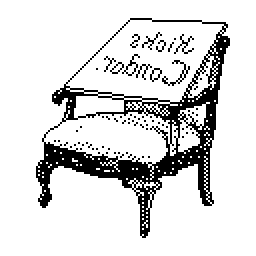


 Details at:
Details at:  New Twitch, Kickstarter, Pinterest, Facebook support.
New Twitch, Kickstarter, Pinterest, Facebook support. Sort follows, ignore post edits, expand everything.
Sort follows, ignore post edits, expand everything.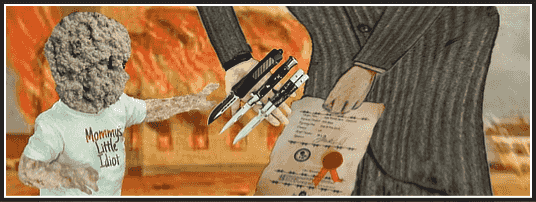






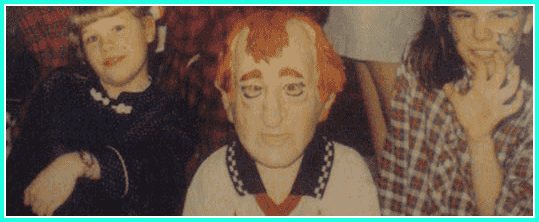
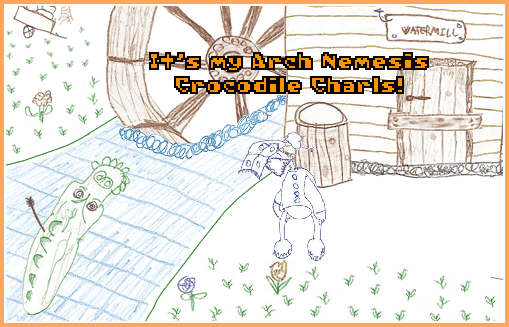

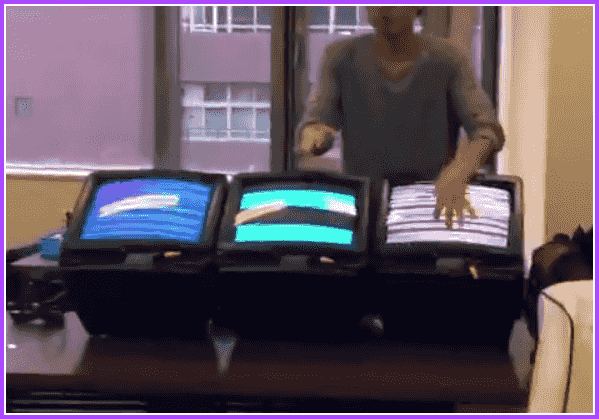
 Personal links showering down here
Personal links showering down here Gag reflex started
Gag reflex started  Hhuh had not seen
Hhuh had not seen 


 )
)



Reply:
I don’t have anything to say about Dune. But I just wanted to say that I spent time catching up on blogs today and noticed your redesign. It looks great around here! How every post looks like an index card with the colored tags and stuff on the right hand side. But the whole thing has come together nicely.
That’s all!